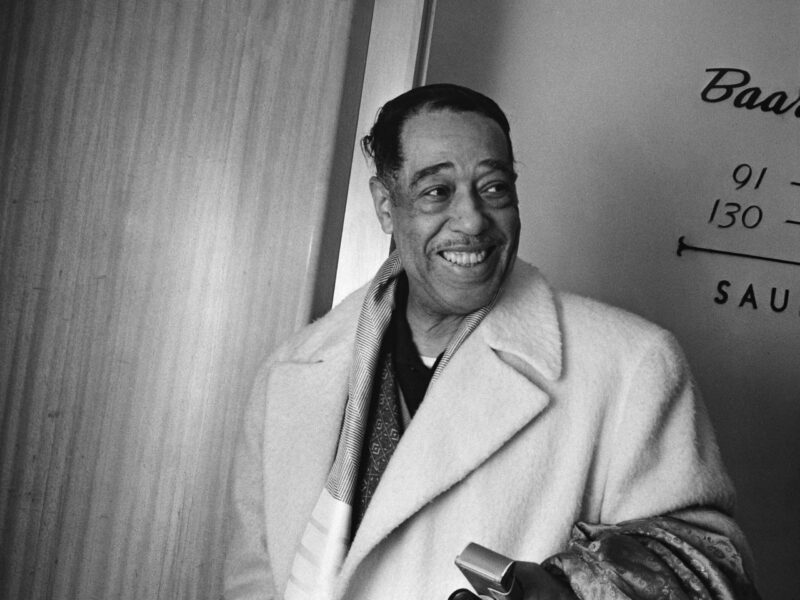Hyde is a community of people who serve as stewards of five words (Courage, Integrity, Leadership, Curiosity, and Concern) and five principles (Destiny, Humility, Conscience, Truth, and Brother’s Keeper). If you are one such person, read David Brooks’ new book The Road to Character.
Brooks had me with his opening sentence: “Recently I’ve been thinking about the difference between the resume virtues and the eulogy virtues.” Still on paragraph one, he kept me with: “Our education system is certainly oriented around the resume virtues more than the eulogy ones.”
To differentiate between the resume and eulogy virtues, Brooks utilizes a dichotomy he calls Adam I and Adam II, an idea taken from a 1965 book Lonely Man of Faith (1965) by Rabbi Joseph Soloveitchik. Using Soloveitchik’s description of Adam I as “the career-oriented, ambitious side of our nature” and Adam II as the person who “wants to embody certain moral qualities,” Brooks summarizes: “While Adam I wants to conquer the world, Adam II wants to obey a calling to serve the world.” (p. 6)
Perhaps I should have noted at the outset that I am a huge David Brooks fan. I avidly read his bi-weekly columns in the New York Times and his book Bobos in Paradise (2000) is an all-time fave. I also get the fact that not all are as enthusiastic about him as I am. No matter where you fall, this book is worth your time simply because the very act of exploring the topic is a worthy exercise.
As for method, Brooks researched some fascinating individuals who strived to live Adam II lives in accordance with the aforementioned resume virtues, people like Dwight Eisenhower, Frances Perkins, Dorothy Day, George Marshall, A. Philip Randolph, Bayard Rustin, George Eliot, Augustine, and Samuel Johnson.
Early on, Brooks posits that we have experienced a culture shift that has substituted pride for humility. He states that our culture has shifted “from a culture of self-effacement that says ‘Nobody’s better than me, but I’m no better than anyone else’ to a culture of self-promotion that says ‘Recognize my accomplishments, I’m pretty special.’” (p15)
As an example, Brooks observes that in Eisenhower’s circa-1950s cabinet of 23 members, 1 individual published a memoir. Thirty years later, 12 of Ronald Reagan’s cabinet members published memoirs. Later in the book he compares NFL quarterbacks Johnny Unitas (Remember Johhny U?) and Joe Namath as reflective of cultural shifts.
He spends a fair amount of time on the nature of humility which he defines as “the awareness that there’s a lot you don’t know and that a lot of what you think you know is distorted or wrong.” (p19)
Some of our distortion, according to Brooks, is due to our current interpretation of concepts like self-respect. He writes: “Self-respect… is not earned by being better than other people at something. It is earned by being better than you used to be…” (p26)
He continues: “The central fallacy of modern life is the belief that accomplishments of the Adam I realm can produce deep satisfaction.” (p27)
And the problem with that pride thing is that it can amount to a paradox that “combines extreme self-confidence with extreme anxiety.” (p241)
Brooks clearly believes that more humility would be a good thing for all of us, individually and collectively. He quotes theologian Lisa Fullam: “Humility is a virtue of self-understanding in context, acquired by the practice of other centeredness.” (p252) Pride’s tendency toward self-centeredness works against our culture’s best interests.
Given that parents and teachers have a lot to do with the road to character, it’s not surprising that Brooks spends a fair amount of time on both. He observes, “There are two great defining features of child rearing today. First, children are now praised to an unprecedented degree… The second defining feature is that children are honed to an unprecedented degree.” (p303)
As a consequence, “Parental love becomes merit-based… Lurking in the shadows of merit-based love is the possibility that it may be withdrawn if the child disappoints. Parents would deny this, but the world of conditional love is lurking here.” (p304)
He goes on to characterize that “lurking” as “an acid that dissolves children’s internal criteria, their capacity to make their own decisions about their own interests, careers, marriages, and life in general.” (p305)
As for teachers, he writes, “Today, teachers tend to look for their students’ intellectual strengths, so they can cultivate them. But a century ago, professors tended to look for their students’ moral weaknesses, so they could correct them.” (p42)
Rather than challenge students to take the deepest look at their hopes and dreams, our schools send kids off to community service which, he writes, “is sometimes used as a patch to cover over inarticulateness about the inner life.” (p46)
Brooks believes that we have shifted from what he calls a “Little Me” culture to a “Big Me” culture, one that “tells you how to do the things that will propel you to the top, but it doesn’t encourage you to ask yourself why you are doing them.” (p302)
Big Me does, however, often lead us to think in terms of career rather than vocation. Brooks explains, “A person does not choose a vocation. A vocation is a calling. People generally feel that they have no choice in the matter. Their life would be unrecognizable unless they pursued this line of activity.” (p37)
“A person with a deep vocation is not dependent on constant positive reinforcement. The job doesn’t have to pay off every month, or every year. The person thus called is performing a task because it is intrinsically good, not for what it produces.” (p61)
So, Hmmm… As parents and teachers, are we preparing Adam Is for careers?… Or, are we preparing Adam IIs for vocations? (“Talk amongst yahselves…”)
The Road to Character, according to Brooks, “is built in the course of your inner confrontation. Character is a set of dispositions, desires, and habits that are slowly engraved during the struggle against your own weakness.” (p313)
A strict diet of honing and praise from parents won’t prepare kids for that road. Neither will a singular focus on intellectual development on the part of teachers. What is needed is, well, some suffering. Brooks writes, “When people are thrust down into these deeper zones, thrust into lonely self-scrutiny, they are forced to confront the fact that they can’t determine what goes on there.” (p118)
That leads to humility, to a healthy sense of pride, to the eulogy virtues. And besides, said Frances Perkins, one of Brooks subjects, “Humility is the greatest of virtues… and if you can’t learn it, God will teach it to you.” (p56)
In the end, it may well boil down to a one syllable word: Grace. And grace is not a prize to be won with resume virtues. It’s not even won by eulogy virtues. After all, “We are all ultimately saved by grace… You just have to accept the fact that you are accepted.” (p315)
Onward, Malcolm Gauld


